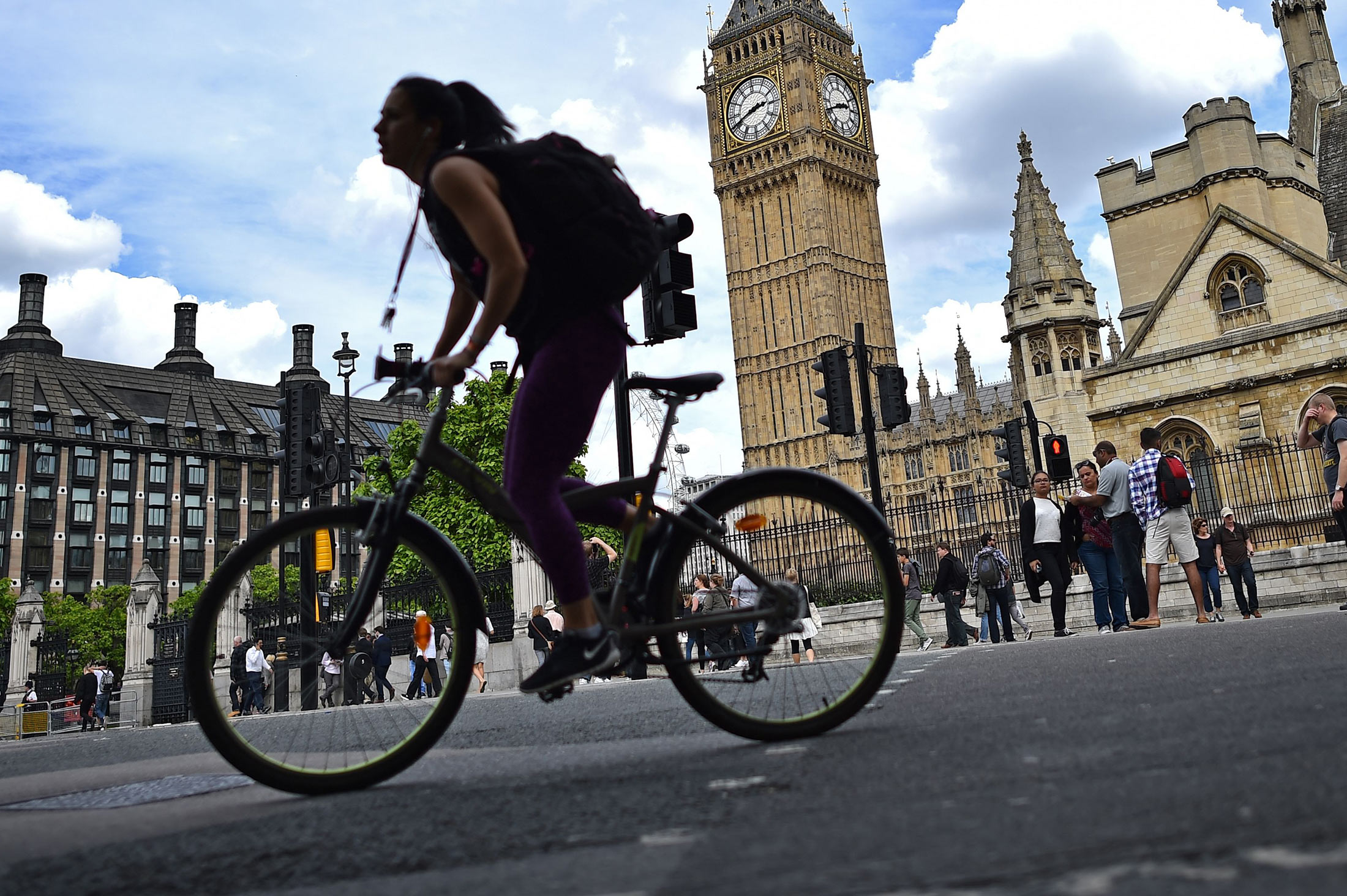Pro-Brexit Economists Sense Vindication as U.K. Shows Resilience

EghtesadOnline: Pro-Brexit economists smell vindication, not fear. With consumers on their biggest summer spending spree in 14 years after Britain’s vote to quit the European Union, “Leave” backers Patrick Minford and Ruth Lea see reasons to be cheerful. For them, bumper retail sales figures this week and a report showing the labor market remained resilient provide initial evidence that the economy can defy gloomy pre-vote predictions.
While sentiment gauges dived after Britain’s decision to split from its biggest trading partner, initial reports from the Office for National Statistics showed few signs of the slowdown predicted by organizations from the Bank of England to the International Monetary Fund. Still, Joe Grice, the ONS’s chief economist, said Friday that the numbers only give part of the picture and it’s too early to be definitive, according to Bloomberg.
“I don’t smell any fear,” said Patrick Minford, a professor at Cardiff University and co-chairman of the Economists for Brexit campaign group. “What I smell is people going about their business looking perfectly calm. Their incomes are growing, employment is at an all-time high, unemployment is at a low, there’s loads of credit available. What’s not to like?”
Consumer Boom
Retail sales jumped 1.4 percent in July, the best reading for that month since 2002, while home-improvement retailer Kingfisher Plc and clothing chain Next Plc have said they’re not seeing any impact on demand. Hot weather last month bolstered clothing sales, the ONS said.
That suggests the economy may have entered this quarter on a firm footing after growth accelerated to 0.6 percent in the second quarter. Companies added 172,000 jobs in the three months through June and jobless claims dropped in July. Still, those reports also hinted at some weakness, with growth cooling at the end of the quarter.
“It’s very, very early days,” said Ruth Lea, an economic adviser at Arbuthnot Banking Group Plc who campaigned in favor of Brexit. “But the retail sales are quite consoling and they’re quite encouraging that when people saw the Brexit vote they thought: ‘Well, life will continue very much as usual.’ I didn’t take the view it would be Armageddon.”
A proactive response from the BOE may also help to cushion the blow. Earlier this month, officials cut interest rates to a record low 0.25 percent and unveiled a new round of quantitative easing. Since the referendum, it’s also offered extra liquidity and freed banks to lend more.
That’s helped push the pound down more than 11 percent against the dollar. While a slide in sterling helps exporters, it also drives up the cost of imports and fuels inflationary pressures.
“The fall in the exchange rate is usually good for the British economy,” said Chris Iggo, London-based chief investment officer for fixed income at AXA Investment Managers, which didn’t state a preference on the outcome of the vote. “Financial conditions are very supportive and some of the limited amount of hard data we have had since the EU referendum has surprised to the upside.”
Signs that a weak currency will stoke inflation emerged on Tuesday, with ONS data showing input costs surged the most in three years in July. As that feeds through to stores, that will eat into real wages and damp demand.
Bank of America Merrill Lynch economists predict the data will worsen and prompt the BOE to lower its key rate to 0.1 percent in November. The “decent” retail sales and jobless claims readings means the central bank may want to wait for “high-quality hard data before changing policy again,” analysts including Rob Wood wrote in a note.
The first reading of third-quarter gross domestic product growth is due on Oct. 27, a week before the BOE’s November policy meeting. Economists have penciled in contractions of 0.1 percent in both the third and fourth quarters.
“I wouldn’t get too excited just yet,” said Chris Hare, an economist at Investec in London, which also didn’t express a view on how the Brexit vote should go. “It’s still too early to tell how bad things may or not get. But to the extent that this week’s data shows households may be the bulwark against a broader slowdown in the near term -- and if that’s the case -- then there are some signs that the economy may fare OK after Brexit.”


